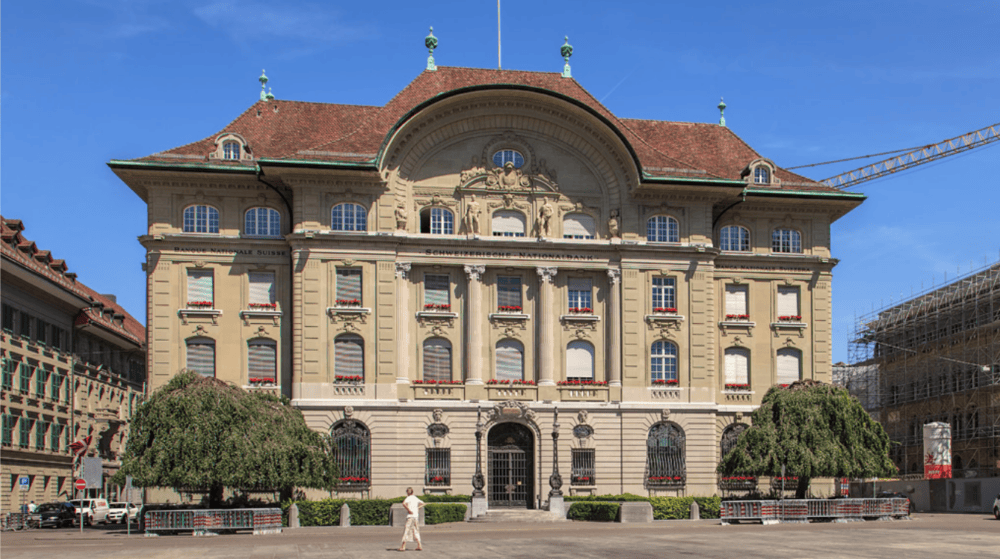TI report: Money laundering in the Swiss real estate sector
According to Transparency International (TI), there are considerable loopholes in Switzerland for the acquisition of real estate with funds of illegal origin. This is what TI writes in its current report "Open Doors for Illicit Funds".

While the financial sector in particular has been the focus so far when it comes to combating money laundering in Switzerland, in the future money launderers will increasingly turn to other sectors to disguise the illegal origin of their assets and use the assets, the non-governmental organization writes in the report published on October 26, 2017 "Open doors for illegal funds". New research has shown that the Swiss real estate sector is also attractive for money laundering. In addition to the high stability of the country and its great attractiveness as a place to live and vacation, significant gaps in the anti-money laundering system would contribute to this.
"Today it is relatively easy to acquire Swiss real estate undetected with illegal funds. This must no longer be possible. Such criminal transactions damage the Swiss real estate market and the entire national economy. Moreover, they undermine the rule of law and economic development of the countries of origin of illegal funds," says Martin Hilti, Managing Director of TI Switzerland.
On the one hand, TI criticizes the fact that the scope of the current Anti-Money Laundering Act does not generally extend to the central players in a real estate transaction - such as notaries and real estate agents - but is largely limited to financial intermediaries. In most cases, however, these are not sufficiently involved in a real estate transaction to actually be able to detect and report money laundering. TI therefore calls for the scope of the Anti-Money Laundering Act to be brought into line with the internationally applicable standard for the real estate sector: It should also include other activities of notaries, real estate agents, lawyers and other independent legal professionals, as well as accountants.
Insufficient Lex Koller, non-transparent land register system
The Lex Koller is also insufficient with regard to the prevention of money laundering, because the current law does not offer sufficient instruments to be able to recognize and punish money laundering. The greatest money laundering risks in the Swiss real estate sector are associated with the acquisition of real estate by foreign persons and, in particular, by foreign domiciliary companies. In connection with the current revision of the Lex Koller, targeted measures to prevent money laundering in real estate acquisitions should therefore also be included, demands TI.
Furthermore, in TI's view, the peculiarities of the Swiss land registry system, namely the incompleteness and the cumbersome query system of the land registry, contribute to the fact that cases of money laundering can only be detected with great difficulty or not at all. The organization therefore calls for an increase in the quality and transparency of land registry information in the Swiss land registry system.
TI Switzerland is the Swiss section of Transparency International, the world's leading non-governmental organization in the fight against corruption. The report "Open Doors for Illicit Funds" was financially supported by RUAG Real Estate AG.









